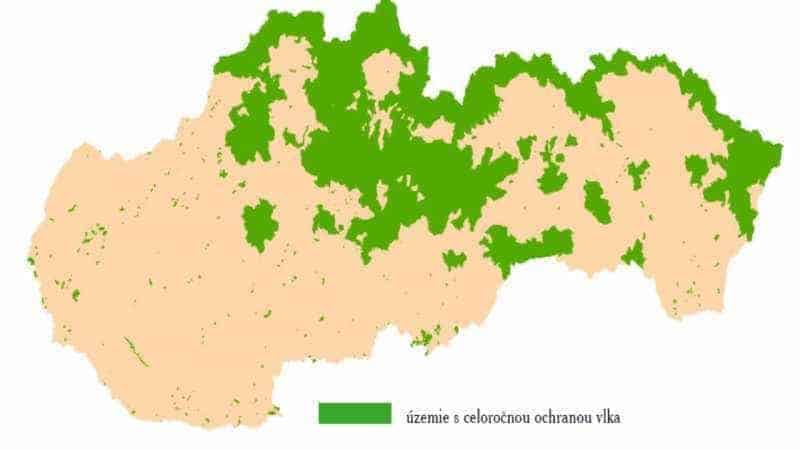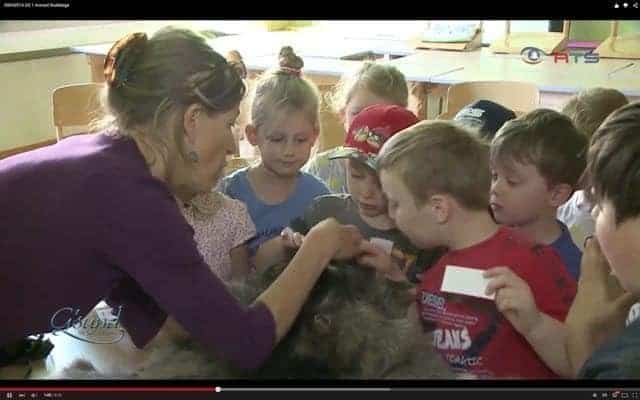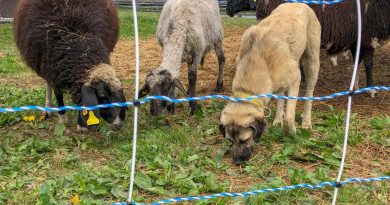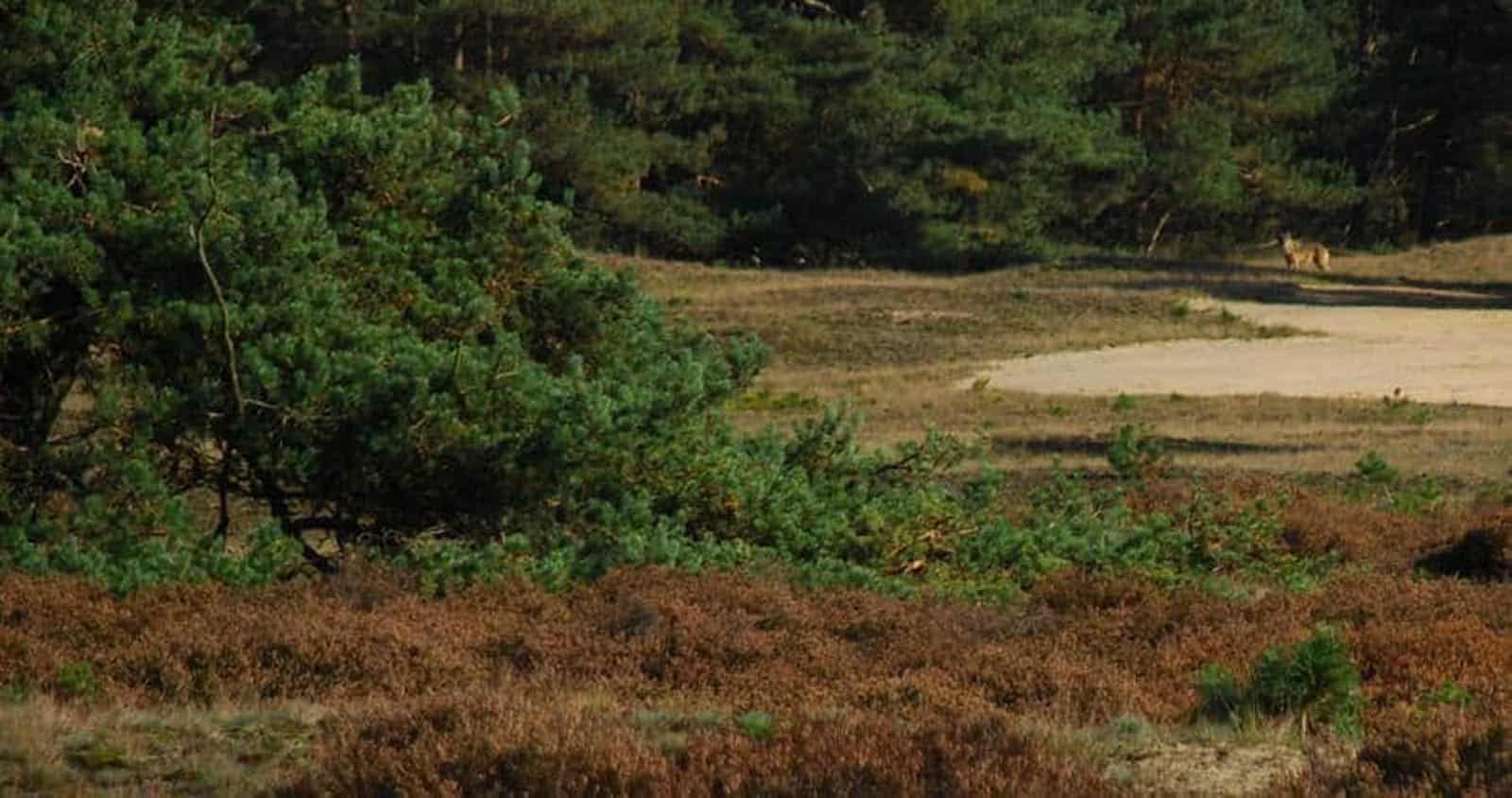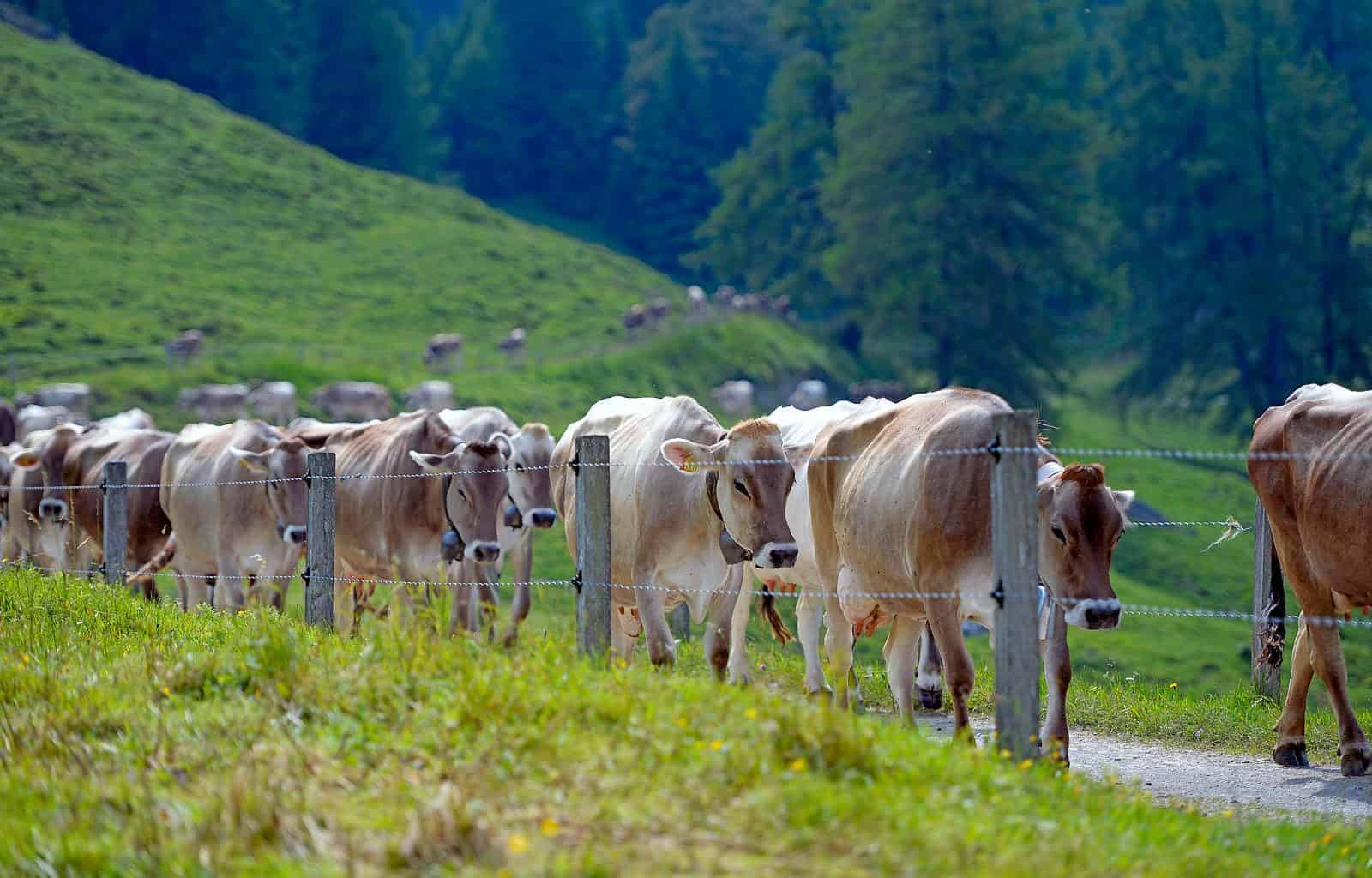The EU takes Spain to court over pollution from industrial farming
The European Commission came to the conclusion that Spanish authorities have not done enough to protect water from nitrate pollution. Just in Summer 2021, another ecological disaster stroke the Mar Menor caused by eutrophication. Now, Spain will have to make their case before court.
Industrial farming causes environmental and social crisis
The increase in livestock and industrial agriculture has a huge environmental cost, but Spain has not done enough to control and prevent it. With this thesis, the European Commission has decided to take Spain to the European Court of Justice because it considers that the country has not adopted measures to prevent water pollution caused by nitrates derived from this activity. However, this is a requirement by EU legislation as the 1991 Nitrates Directive requires member states to monitor their waters and identify persons affected or likely to be affected by nitrate pollution from agricultural sources. This regulation also obliges countries to designate areas of land into which these waters flow as Nitrate Vulnerable Zones and to establish appropriate action programmes to prevent and reduce nitrate pollution. Thus, a ruling against Spain and persistence in non-compliance could lead to fines.
“Despite some limited progress, Spain still needs to take further action to prevent eutrophication across the country,” Brussels said in Thursday’s statement, referring to a process that can damage freshwater and the marine environment by promoting excessive growth of algae that chokes other life, killing fish in lakes and rivers. Besides that, ground water and air pollution further reduce quality of life in the rural regions of Spain, which is where most of the big industrial farms are located. There, many times the number of pigs exceeds the number of inhabitants. In the last years, many villages founded local platforms to fight against these developments and ask for justice. Nevertheless, more and more farms are built every year.
Pollution continues to advance
The Brussels appeal is a strong reminder of the pollution caused by the growing intensive agriculture and large-scale farms, whose activity is causing major ecological disasters. Greenpeace warned of the situation in its recent study Macrofarms, Poison for Rural Spain, published in October. It denounces the increasing nitrate pollution of water, resulting from the huge production of animal slurry and the use of synthetic fertilisers in agriculture.
Largely due to the exponential growth of industrial agriculture and livestock farming in Spain, the quality of groundwater and surface water in our country is of great concern. According to data from the Ministry of Ecological Transition and the Demographic Challenge, 30% of groundwater monitoring stations and 50% of surface water stations indicate poor quality due to nitrate contamination.
The data in this report indicate that nitrate pollution has increased in Spain by 51.5% in just four years (from 2016 to 2019) and that the region of Murcia is the community with the highest levels of nitrate pollution in groundwater in 2019, followed by Catalonia. The Greenpeace study focuses, in particular, on pig farming, prone to intensive production and with harmful effects on the environment. The number of pigs, the NGO points out, increased by 21.5% in Spain between 2015 and 2020, to 32.8 million pigs.
The report also points to Spain for its “ineffectiveness” in complying with the Nitrates Directive, and recalls the infringement procedure opened in 2018 by the Commission against Spain, the same for which the EU executive, in the face of Spanish inaction, has ended up going to the European courts.


